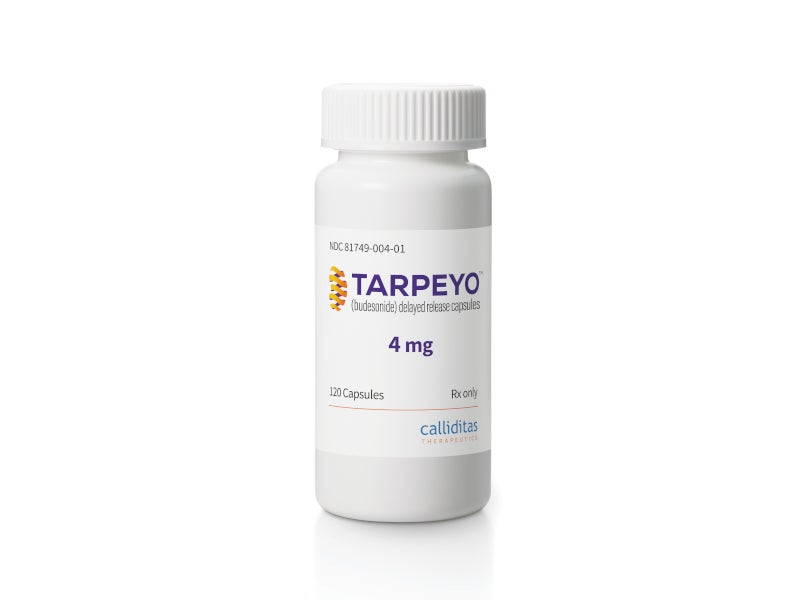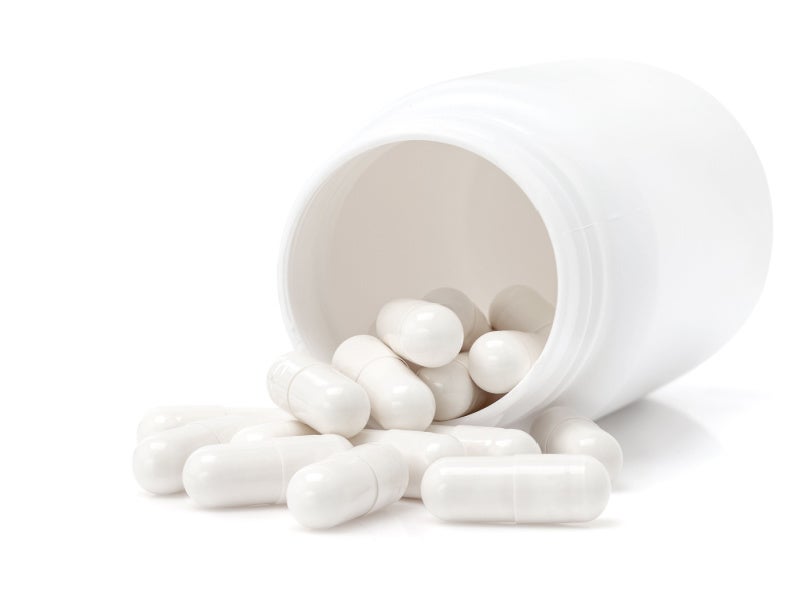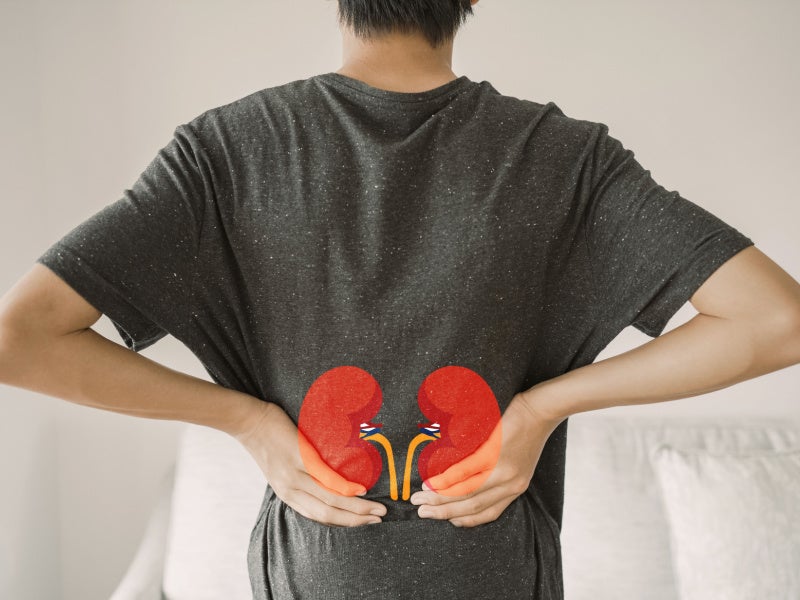TARPEYO (budesonide) is a corticosteroid indicated to reduce elevated protein levels in the urine and the subsequent loss of kidney function in adults with primary immunoglobulin A nephropathy (IgAN) at risk of rapid disease progression, with a urine protein-to-creatinine ratio greater than or equal to 1.5g/g.
TARPEYO was developed under the investigational name Nefecon by Calliditas Therapeutics, a biopharmaceutical company based in Sweden.
Everest Medicines, a biopharmaceutical company based in China, secured a license from Calliditas in 2019 to develop and commercialise Nefecon across various Asian regions, including Mainland China, Hong Kong, Macau, Taiwan, and Singapore. The agreement was later expanded in March 2022 to include South Korea.
TARPEYO is available as a 4mg oral capsule with a targeted, delayed delivery design.
Ensuring that TARPEYO reaches patients, Calliditas has partnered with Biologics by McKesson, a speciality pharmacy, to distribute the drug exclusively.
Regulatory approvals for TARPEYO
TARPEYO received complete US Food and Drug Administration (FDA) approval for IgAN in December 2023. This marked a major milestone for the drug, which had been previously granted accelerated approval in December 2021, and an orphan drug designation from the FDA in 2009, based on proteinuria reduction.
The new drug application for Nefecon from Everest Medicines was accepted for review by the Taiwan TFDA in December 2023, following the receipt of accelerated approval designation in November 2022. The approval is anticipated in Taiwan in 2024.
The China National Medical Products Administration (NMPA) approved Nefecon in November 2023.
Everest Medicines received approval for Nefecon from the Pharmaceutical Administration Bureau of the Macau Special Administrative Region, China, in October 2023. The drug is now available for clinical use in Shanghai Ruijin Hospital’s Hainan subsidiary.
The drug is also approved in Europe for the treatment of IgAN under the brand name Kinpeygo and is commercialised by the European partner STADA, a pharmaceutical company based in Germany.
The China NMPA recommended breakthrough therapy designation for Everest Medicines’ Nefecon for treating IgAN in December 2020.
Primary immunoglobulin A nephropathy causes and symptoms
IgAN, also known as Berger’s Disease, is a rare, progressive chronic autoimmune condition that poses a significant health challenge, as it targets the kidneys and can lead to end-stage renal disease (ESRD).
The disease is caused when galactose-deficient IgA1 antibodies are identified by autoantibodies, which then form IgA1 immune complexes. These complexes accumulate in the glomerular mesangium within the kidneys, potentially causing progressive damage to these vital organs. IgAN is often diagnosed in individuals between their late teens and late 30s.
Symptoms can include blood in the urine, proteinuria, high blood pressure, and swelling in the hands and feet. The disease impacts people worldwide, with a notable prevalence in the US and Asia. Early diagnosis and management are critical in preventing progression to ESRD.
TARPEYO’s mechanism of action
TARPEYO alters mucosal B cell numbers and activity. It is specifically designed to deliver treatment to an area of the ileum to target mucosal B cells, including those found in Peyer’s patches.
The mucosal B cells are responsible for the production of galactose-deficient IgA1 (Gd-IgA1) antibodies, which are linked with the development of IgAN. TARPEYO inhibits the production of Gd-IgA1antibodies.
Budesonide, the active ingredient in TARPEYO, is a corticosteroid with significant glucocorticoid activity and minimal mineralocorticoid activity. It undergoes extensive first-pass metabolism.
The drug is intended to reach the ileum, including the Peyer’s patches, where mucosal B cells that express glucocorticoid receptors are located.
By applying anti-inflammatory and immunosuppressive effects at these receptors, TARPEYO can change the volume and activity of B cells.
TARPEYO is believed to influence the gut-kidney axis, thereby modulating a key pathogenic biomarker in IgAN.
The specific modulation of mucosal B cell activity by TARPEYO offers hope for improved management of IgAN, potentially altering the course of the disease and improving patient outcomes.
Clinical trials on TARPEYO
The FDA approval of TARPEYO is based on two-year results of the Phase III NefIgArd clinical trial. The multicentre, randomised, double-blind, placebo-controlled study evaluated the efficacy of TARPEYO in treating patients with primary IgAN.
The trial enrolled 364 patients diagnosed with primary IgAN who were already on a stable regimen of renin-angiotensin system inhibitor (RASi) therapy. The patients were randomised in a 1:1 ratio to receive either Nefecon at a dose of 16mg/day or a placebo.
The primary endpoint of the trial was the change in the estimated glomerular filtration rate (eGFR) over a two-year period. The two-year period consisted of nine months of treatment with TARPEYO plus a RASi or optimised RASi and 15 months of follow-up without medication.
The TARPEYO group experienced a decrease in eGFR of 6.11ml/min/1.73m² while the placebo group had a decline of 12.0ml/min/1.73m². It indicates that TARPEYO-treated patients had 50% less deterioration in kidney function compared to those treated with placebo during the two-year period.
The reduction in proteinuria achieved with TARPEYO plus RASi at nine months was significant and remained consistent during the 15-month period without medication.
The results showed confirmed, statistically significant treatment benefit with Nefecon compared to placebo in eGFR sustained over a two-year period. The drug was also well-tolerated.
The most common adverse reactions reported were hypertension, peripheral oedema, muscle spasms, acne, dermatitis, weight increase, dyspnoea, face oedema, dyspepsia, fatigue, and hirsutism.





